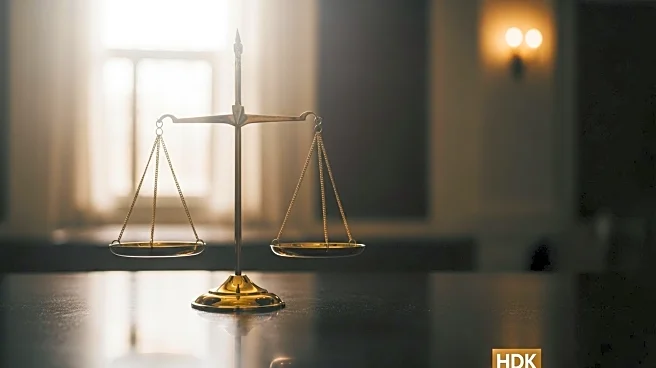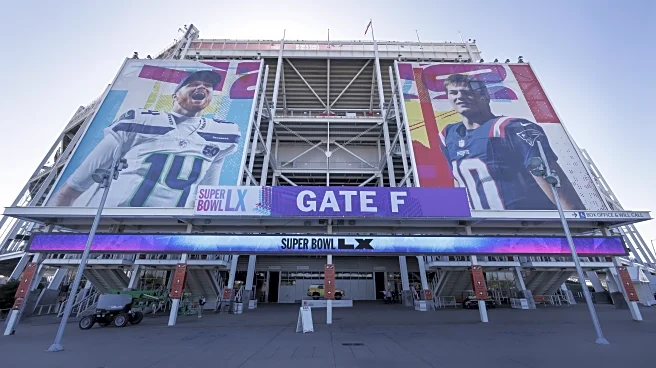What is the story about?
What's Happening?
The Supreme Court has rejected Alex Jones's appeal against a $1.4 billion defamation judgment related to his claims that the Sandy Hook Elementary School shooting was a hoax. The judgment was awarded to families of the victims, who argued that Jones's statements caused them emotional distress and led to harassment. Jones, known for his conspiracy theories, had sought to overturn the judgment, arguing that his right to free speech was being infringed upon. However, the Supreme Court's decision leaves the substantial financial penalty in place, reinforcing the accountability for speech that causes harm.
Why It's Important?
This decision underscores the legal boundaries of free speech, particularly when it results in harm to others. The ruling affirms that individuals can be held financially accountable for defamatory statements, even when they claim protection under the First Amendment. The case has significant implications for media personalities and public figures, highlighting the potential consequences of spreading false information. It also serves as a precedent for future defamation cases, potentially influencing how courts balance free speech rights with the protection of individuals from harmful rhetoric.
What's Next?
Jones may continue to pursue legal avenues to reduce or overturn the financial judgment, including appeals in other courts. The enforcement of the judgment could lead to the liquidation of Jones's assets, impacting his business operations and financial stability. The case may also prompt discussions about the regulation of speech on media platforms, with potential calls for stricter guidelines to prevent the spread of harmful misinformation. Legal experts and advocacy groups may use this case to push for reforms in defamation law and media accountability.

















